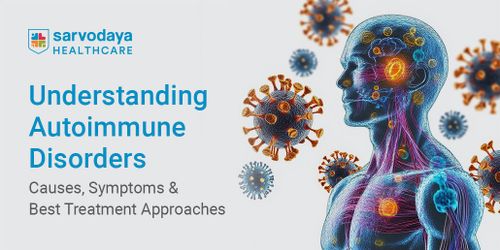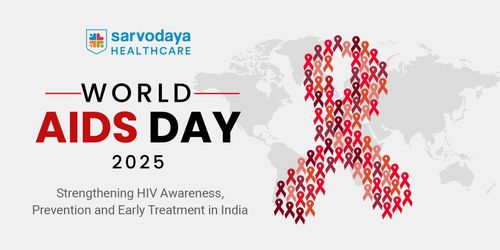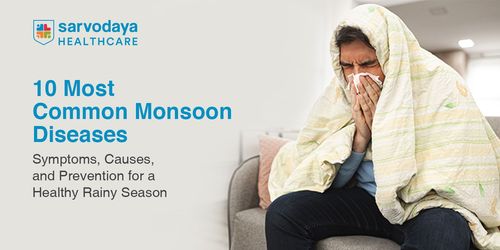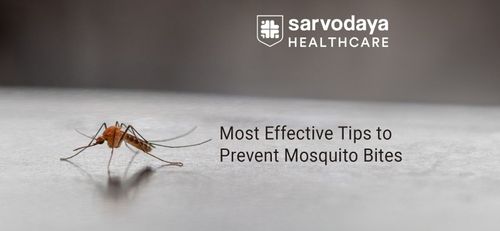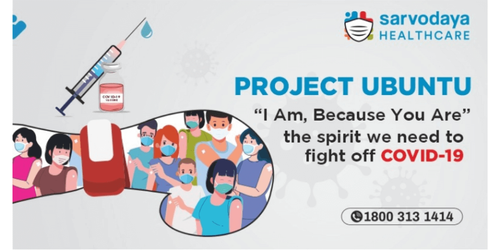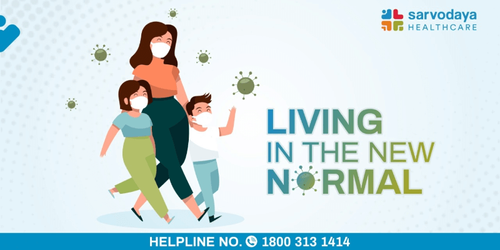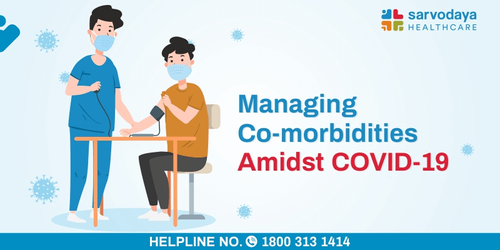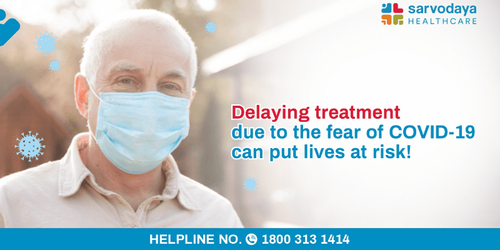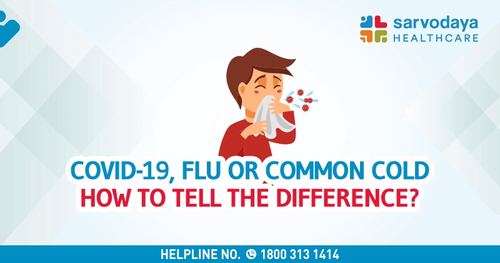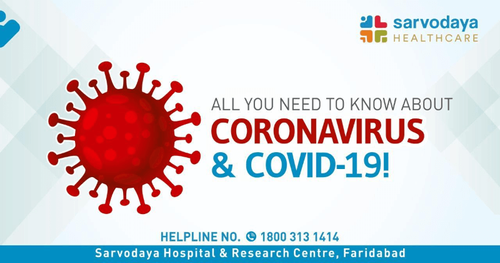In this article, we explore the recent trends in the increased cases of COVID-19 in 2025 and the precautions to safeguard yourself against it.
COVID-19 in 2025 Resurgence News
The recent rise in COVID-19 cases in 2025 can be attributed to several factors. The emergence of new variants, particularly the JN.1 strain, has played a significant role. This variant is a mutation from the Omicron lineage and has been labelled as a "variant of interest" by the World Health Organisation. While it is not currently classified as a "variant of concern", its increased transmissibility has raised alarms.Additionally, waning immunity from previous vaccinations and natural infections may contribute to an individual's susceptibility to new infections. Changes in public behaviour, such as reduced mask usage and social distancing, have also facilitated the spread of the virus.
5 Causes of COVID-19
Understanding the causes of COVID-19 is crucial for implementing effective preventive strategies and mitigating the impact of the virus.Here are the 5 causes of COVID-19 in 2025:
- Relaxation of Public Health Measures: As restrictions ease, people engage in more social interactions without adequate precautions.
- Emergence of New Variants: Variants like JN.1 have mutations that may enhance transmissibility and evade immune responses.
- Waning Immunity: Over time, the protective effects of vaccines and prior infections may diminish, increasing susceptibility.
- Increased Travel and Gatherings: Festivals, events, and travel can lead to crowded settings where the virus spreads more easily.
- Limited Testing and Surveillance: Reduced testing rates may lead to underreporting and delayed detection of outbreaks.
Recognising the Signs: Symptoms You Shouldn’t Ignore
As COVID-19 in 2025 continues to evolve, so do its symptoms. The emergence of new variants like JN.1 and its subvariants, such as LF.7 and NB.1.8, has led to a shift in the symptom profile observed in infected individuals. While the virus remains highly transmissible, the severity of symptoms appears to be milder compared to earlier strains.According to health experts, common symptoms associated with these new variants include:
- Fever and chills
- Cough
- Sore throat
- Fatigue
- Headache
- Muscle or body aches
- Congestion or a runny nose
- Nausea or vomiting
- Diarrhoea
10 Ways to Prevent COVID-19 in 2025
Prevention is the best solution against the spread of COVID-19 in 2025. With the virus continuing to mutate and spread, adopting comprehensive preventive measures is crucial. Here are 10 ways to prevent COVID-19 and safeguard yourself and your loved ones:- Wear Masks in Public Indoor Settings: Continue to wear masks, especially in crowded or poorly ventilated areas, to reduce the risk of transmission.
- Get Timely Booster Shots: Stay updated with the latest vaccination recommendations, including booster doses, to maintain immunity.
- Maintain Proper Hand Hygiene: Regularly wash hands with soap and water or use hand sanitisers to eliminate potential pathogens.
- Avoid Crowded Areas: Limit exposure to crowded places, particularly during peak infection periods, to minimise contact with infected individuals.
- Improve Indoor Ventilation: Ensure adequate airflow in indoor spaces by opening windows or using air purifiers to disperse viral particles.
- Stay Updated on Local COVID News: Keep yourself updated on the spread of COVID-19 in your surrounding areas and official health guidelines to make informed decisions on the precautions you should take.
- Use Sanitisers in High-Touch Areas: Regularly disinfect frequently touched surfaces like doorknobs, light switches, and mobile devices.
- Eat a Balanced Diet to Strengthen Immunity: Consume a nutritious diet rich in vitamins and minerals to support overall immune health.
- Avoid Touching Your Face: Refrain from touching your eyes, nose, and mouth with unwashed hands to prevent the entry of the virus.
- Isolate and Test if Symptomatic: If you experience symptoms, self-isolate and get tested promptly to prevent spreading the virus to others.
Treatment of COVID-19 in 2025 Updates
The treatment of COVID-19 has evolved significantly in 2025, adapting to the changing nature of the virus and the emergence of new variants like JN.1. While the majority of cases remain mild and manageable at home, it's essential to stay informed about current treatment protocols to ensure timely and effective care.For mild cases, home isolation combined with symptomatic treatment, such as antipyretics for fever and adequate hydration, is generally sufficient. Patients are advised to monitor their symptoms closely and seek medical attention if they experience any worsening of their condition.
If the case is severe, hospitalisation may be required. Treatment options include antiviral medications like remdesivir, corticosteroids, and supportive therapies such as oxygen supplementation. It's important to note that treatment protocols may vary based on individual patient factors and emerging clinical evidence.
Expert Guidance: When to Consult a Specialist
Keeping alert and informed about when to approach a healthcare professional is the key to stopping the spread of COVID-19 in 2025.If you experience the symptoms below, consult a healthcare specialist:
- Persistent high fever
- Difficulty breathing or shortness of breath
- Chest pain or pressure
- Confusion or inability to stay awake
- Bluish lips or face
Conclusion
The increase in cases of COVID-19 in 2025 and the emergence of new variants like the JN.1 variant and its subvariants like LF.7 and NB.1.8 go on to show the importance of continued vigilance.At Sarvodaya Hospital, Faridabad, we are committed to preventing this new strain of COVID-19 virus from spreading. Our experienced medical professionals offer preventive consultations to assess individual risk factors and recommend appropriate measures to minimise the chances of infection. In the event of illness, our state-of-the-art facilities and dedicated staff ensure prompt and effective treatment of COVID-19, tailored to each patient's needs.
By staying informed, practising the 10 ways to prevent COVID-19, and seeking guidance from the best general medicine doctor in Faridabad, we can collectively navigate this phase of the pandemic.












